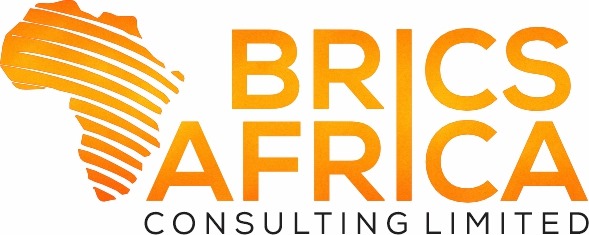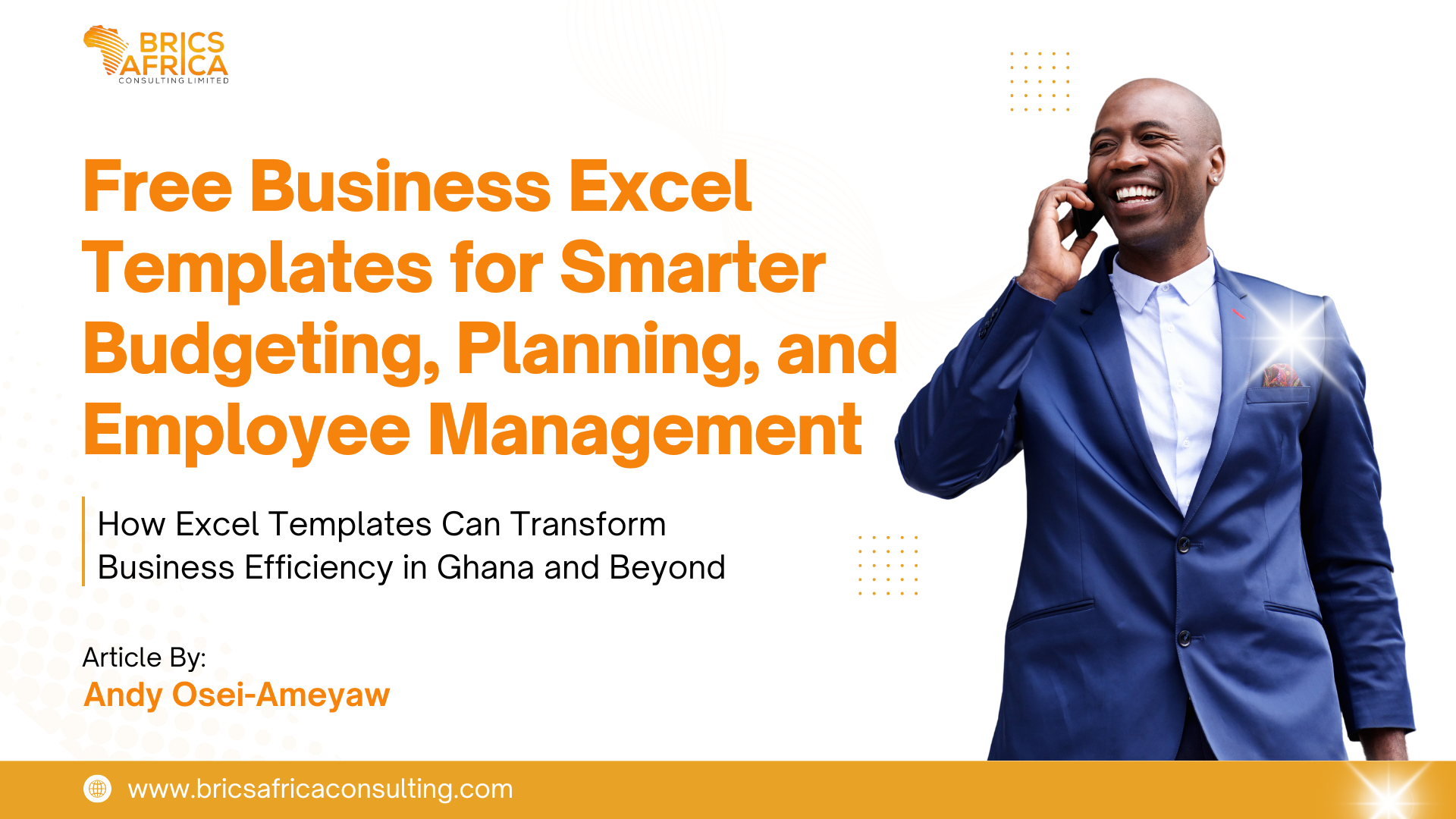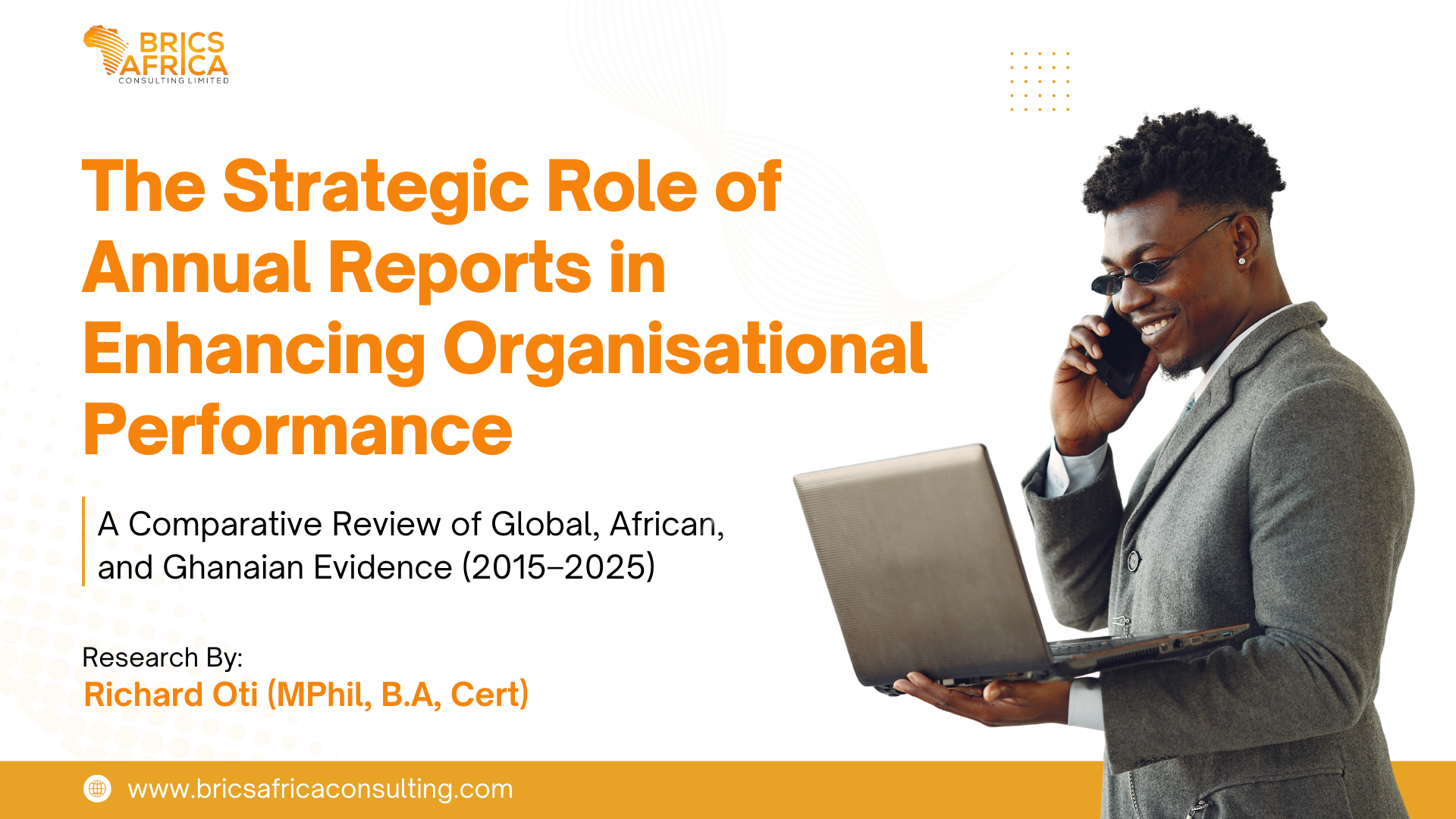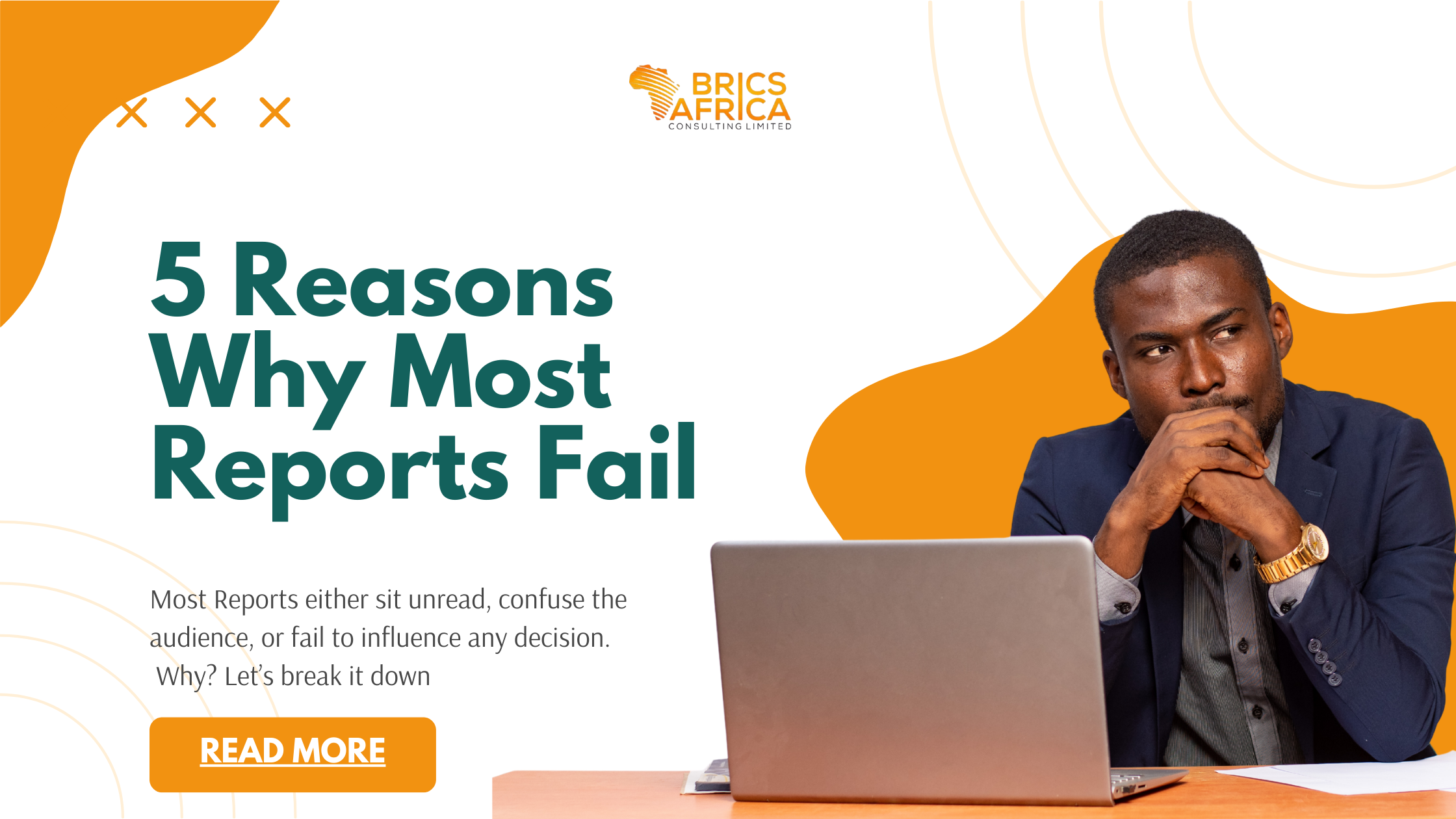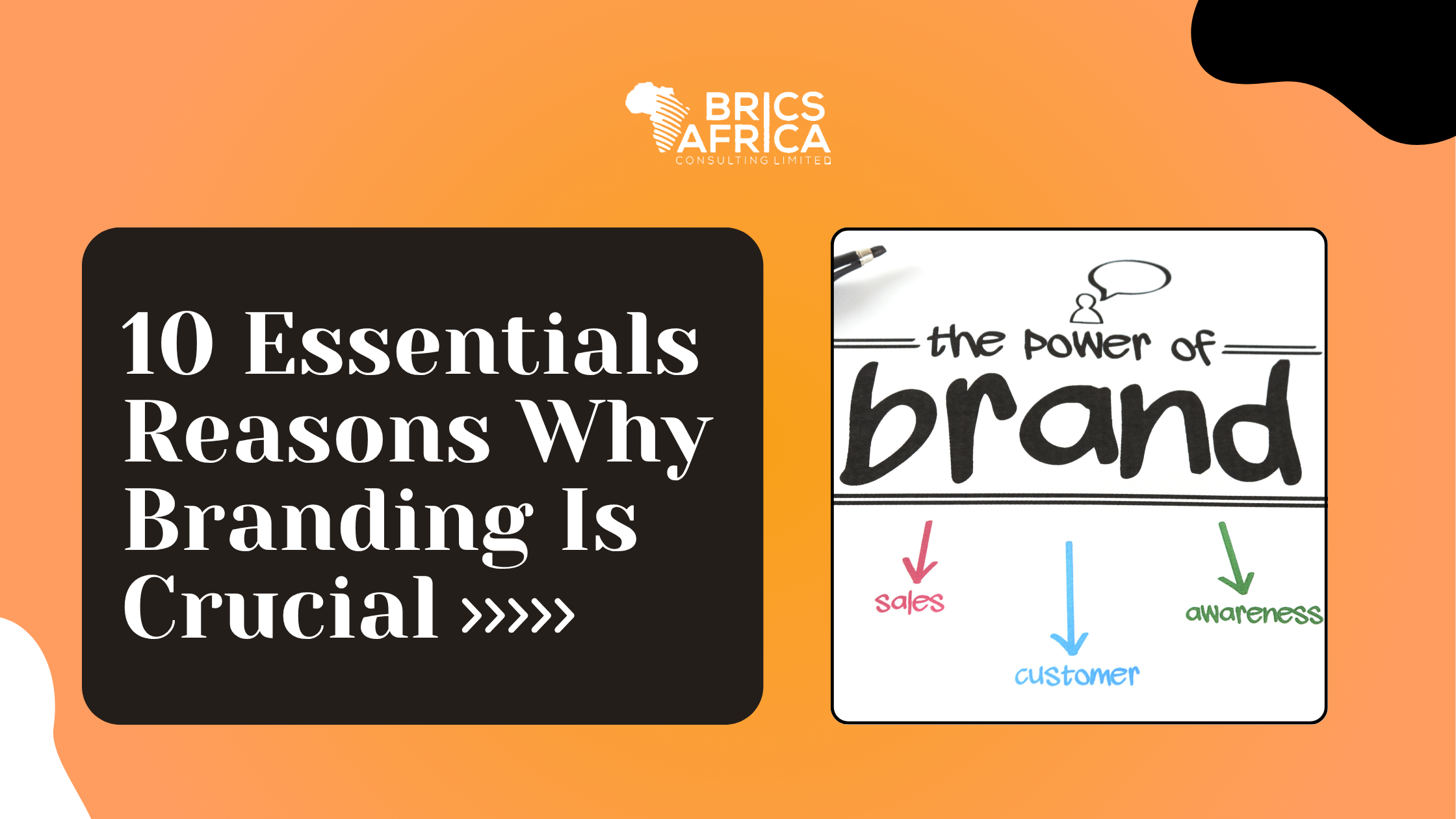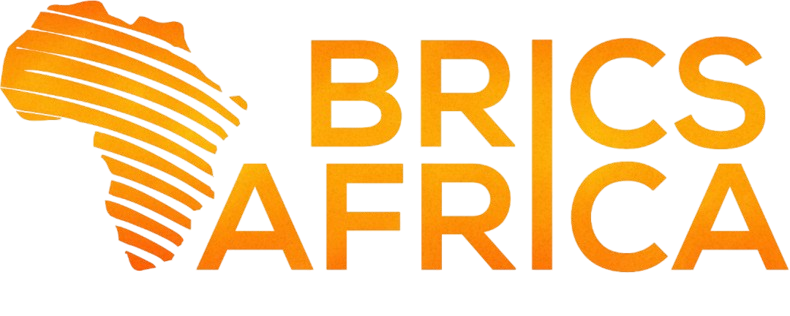How to keep your books clean, compliant, and stress-free in Ghana: A Five-Minute Read
Running a business in Ghana is exciting, but it also comes with responsibilities, especially when it comes to managing your finances. Poor bookkeeping and missed tax deadlines can cost you money, time, and opportunities. Whether you are a startup owner, a growing SME, or a self-employed professional, these eight essential accounting tips will help you stay organized, compliant, and financially confident.
- Keep Your Business and Personal Accounts Separate
The most frequent mistake Ghanaian entrepreneurs make is mixing personal and business finances. Instead, open a unique business bank account with a local bank (e.g., GCB Bank, Fidelity, Stanbic, Ecobank, CalBank).
This will help you:
- To keep track of income and expenses better.
- Not get confused when calculating profits.
- Make it easier to prepare financial statements and tax returns.
Mobile money also can be separated – think about having a merchant MoMo account (MTN, Telecel, AT) for business only.
- Keep Your Records Neat and Accurate
Whether you own a shop in Kumasi, a fashion house in Accra, or a small consulting firm, neat and accurate records save time and stress. Use plain bookkeeping systems such as Excel, Google Sheets, or low-cost software such as Tally, QuickBooks, or Zoho Books.
Keep your:
- Receipts and invoices for sales
- Receipts and invoices for purchases
- Utility bills (for claiming some for business purposes)
- MoMo statements & bank statements
In Ghana, the GRA can request records up to six years – keep your records safe.
- Comply with GRA Tax Due Dates
Late submission can attract interest and penalty. Some common due dates in Ghana are:
- PAYE: By the 15th of the following month
- VAT/NHIL/GETFund Levy: Close of the last working day of the following month
- Corporate Income Tax: 4 quarterly payments + annual return within 4 months after year-end
- Personal Income Tax (Self-Employed): 4 quarterly payments + annual return by 30 April
Schedule calendar reminders on your phone or use GRA’s online portal (iTaPS) to pay and file on time.
- Keep All Business-Related Receipts
In Ghana, you are entitled to offset allowable business expenses against your tax payment – if you can produce receipts or invoices to back them up.
Record expense such as:
- Rent of office
- Fuel & transport (if business use)
- Stationery and office equipment
- Utility bills (business usage element)
- Business property hire and maintenance
Where possible, request VAT receipts – these are handy if you’re VAT registered.
- Budget for Tax During the Year
Don’t wait until December to rush for tax money. As you earn money, save at least 20–30% of your profit in a designated savings account.
This will enable you to pay your:
- Quarterly income tax
- VAT/NHIL/GETFund Levy
- PAYE for employees
- Be Aware of Ghana’s Tax Laws
Discover what taxes you are required to pay in your business. Common examples:
- Corporate Income Tax (25% for the majority of companies)
- Self-Employed Personal Income Tax (graded rates ranging from 0% to 30%)
- VAT/NHIL/GETFund Levy (15% + 5% for standard rate)
- PAYE (for workers)
- Withholding Tax (on certain payments)
- Property Rates (if you occupy business premises)
Verify from www.gra.gov.gh or at your local GRA office for current, accurate tax information.
- Keep Periodic Profit & Loss (P&L) Statements
A P&L statement proves your sales, expenses, and profit for a given period – usually monthly, quarterly, or yearly.
It should have:
- Sales/Revenue
- Cost of goods sold (COGS)
- Operating expenses (rent, wages, utilities, etc.)
- Net profit (before and after tax)
Even if you have a small business, making a basic P&L tells you if you are actually generating funds and gets you ready for bank loan applications.
- Use Digital Tools to Save Time
Digitization of your accounts reduces errors and saves time. In Ghana, you can use:
- QuickBooks / Zoho Books / Wave — Cloud accounting
- Excel / Google Sheets — For simple record-keeping
- iTaPS (GRA) — For filing taxes online
- Mobile Money & Bank Apps — For easy tracking of transactions
Book Your Free 30-Minute Consultation
Brics Africa Consulting Ltd is offering a free 30-minute consultation to help you review your bookkeeping, tax compliance, and accounting systems. We’ll guide you on how to improve efficiency, stay compliant, and grow your profits.
Contact us today to schedule your session and start building a cleaner, smarter, and stress-free financial system for your business.
